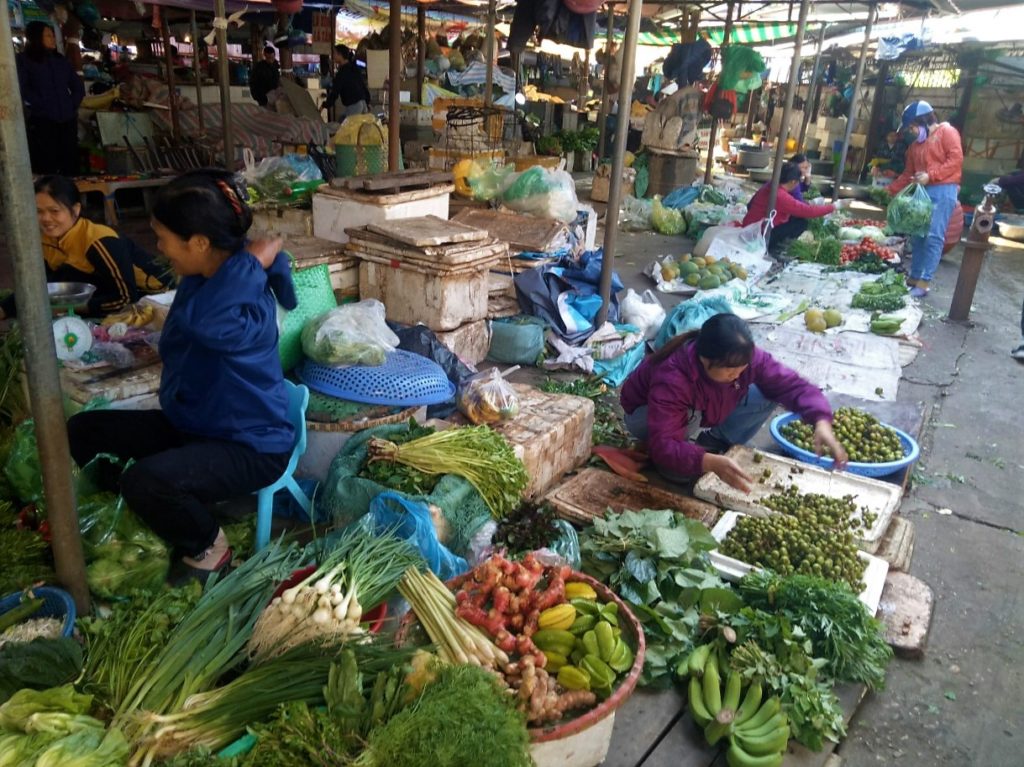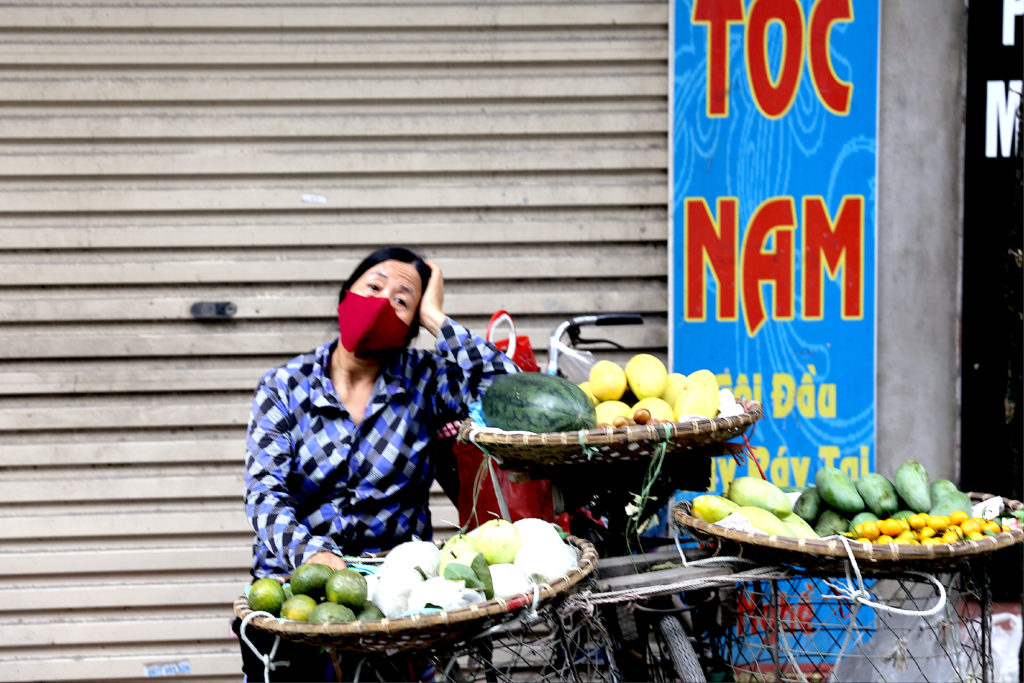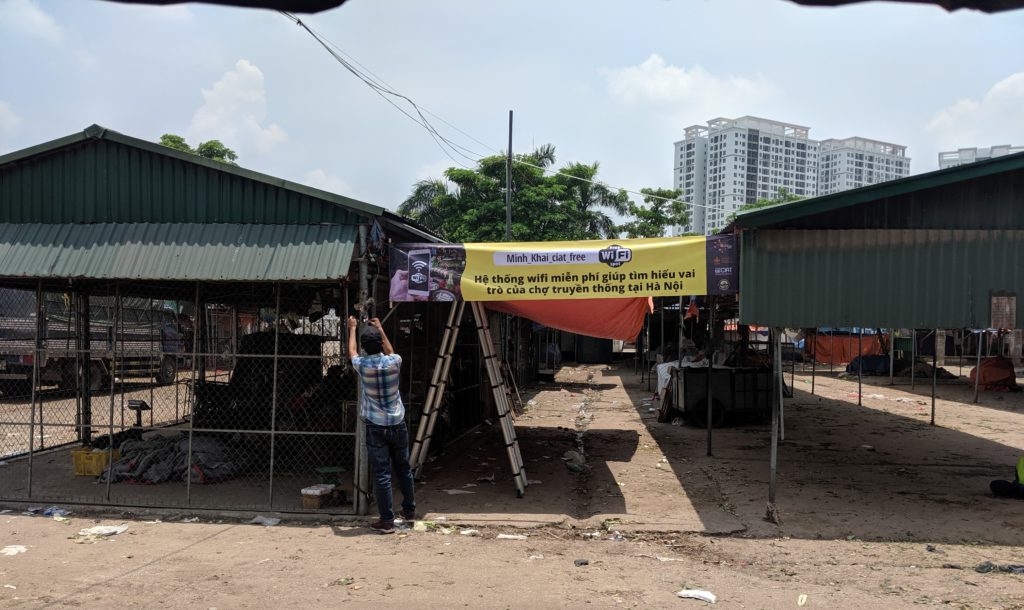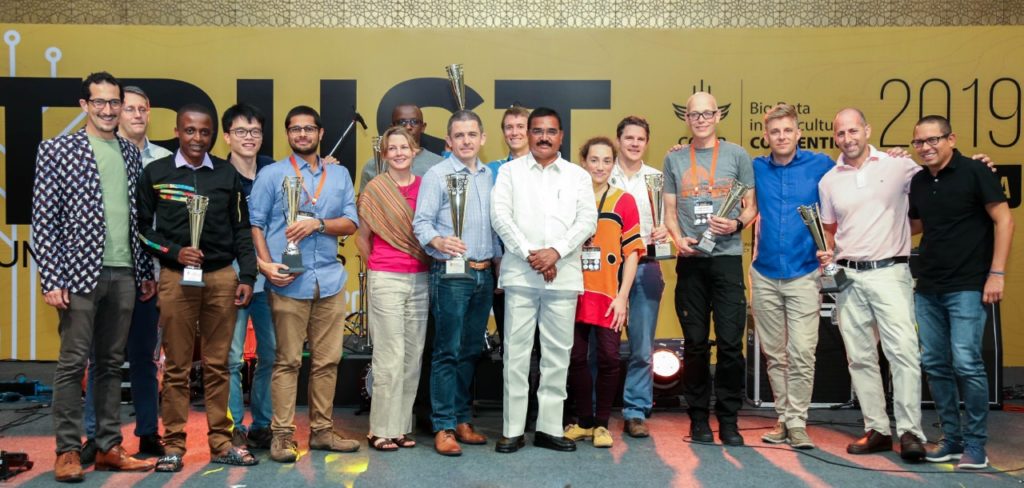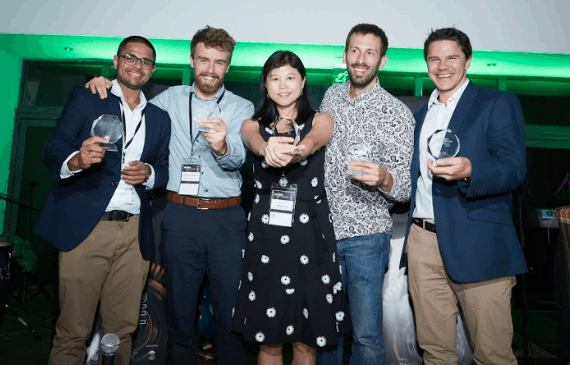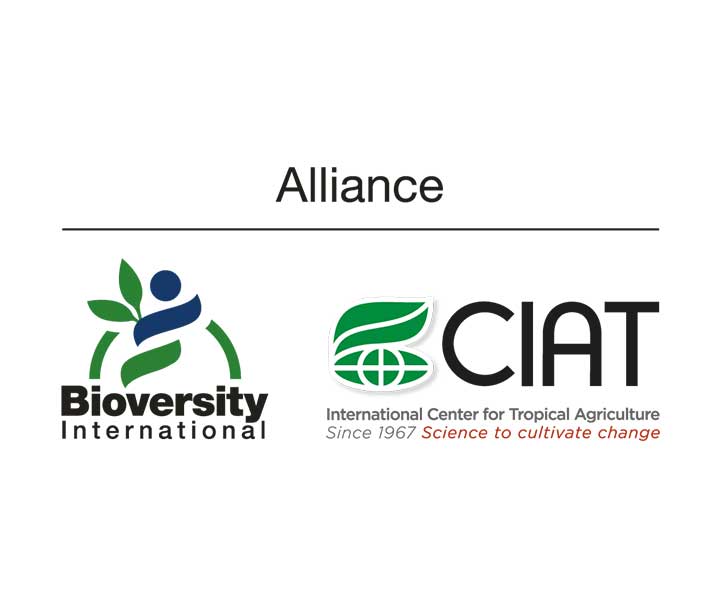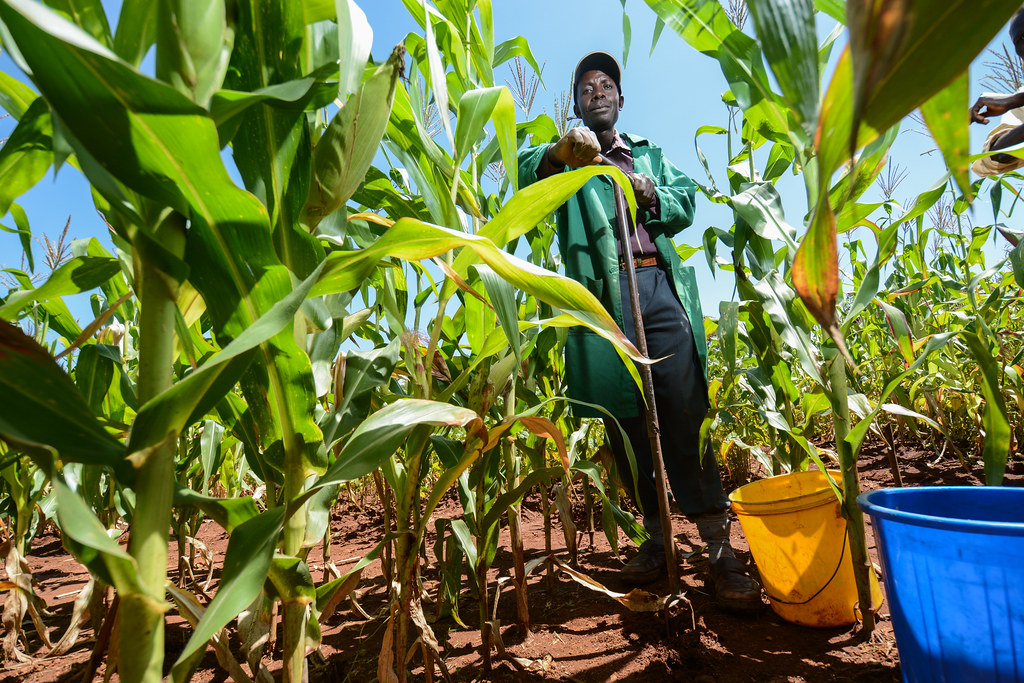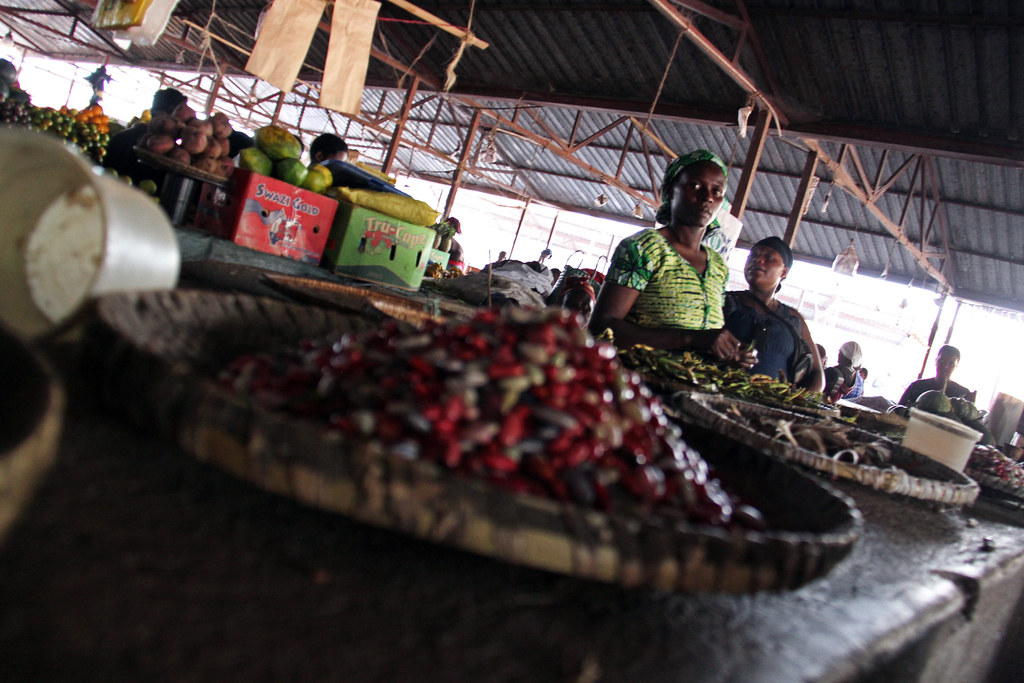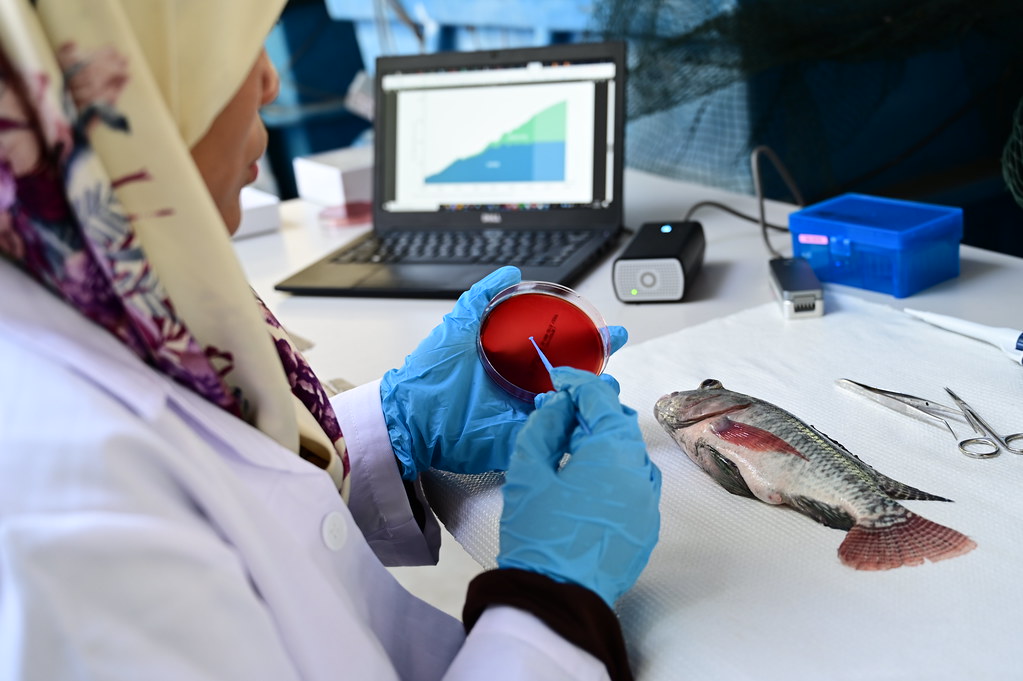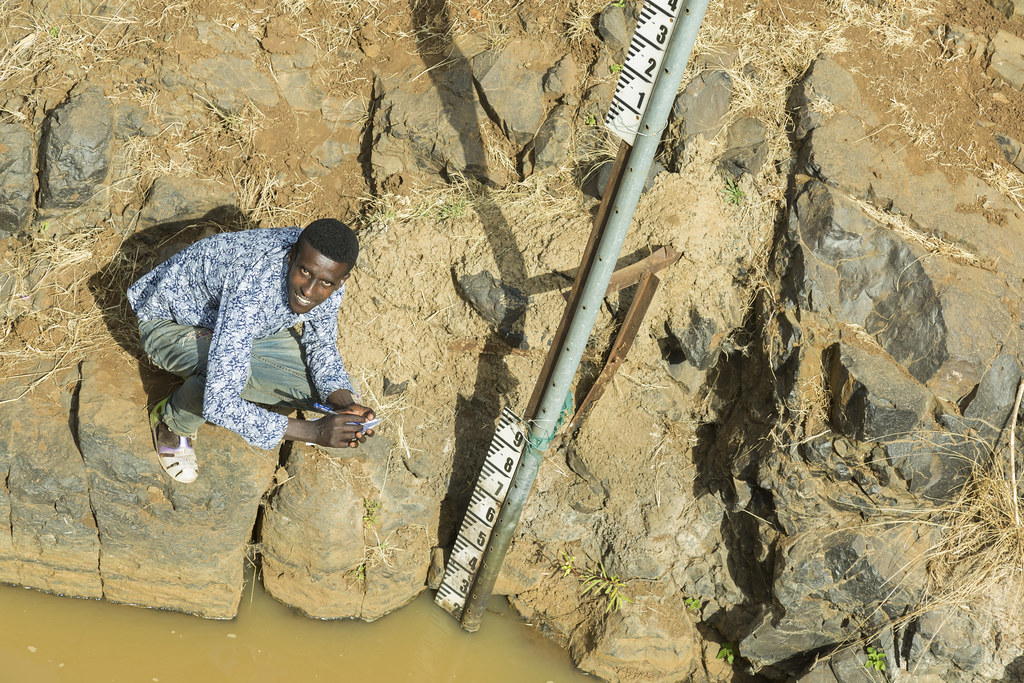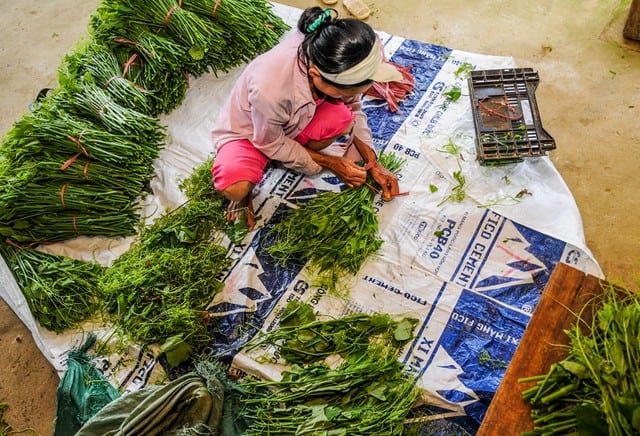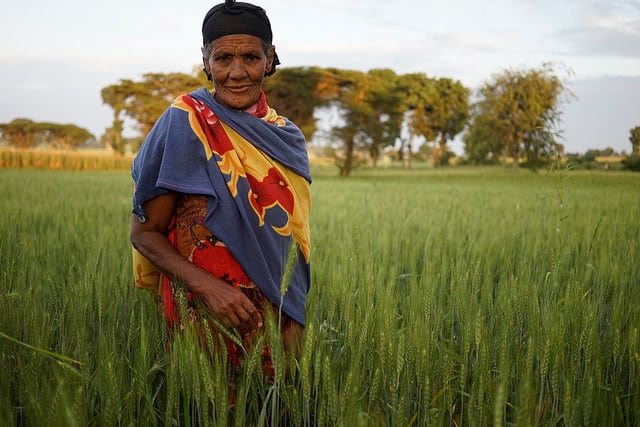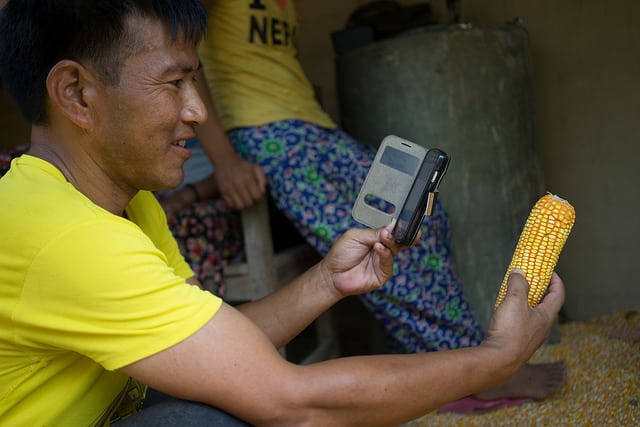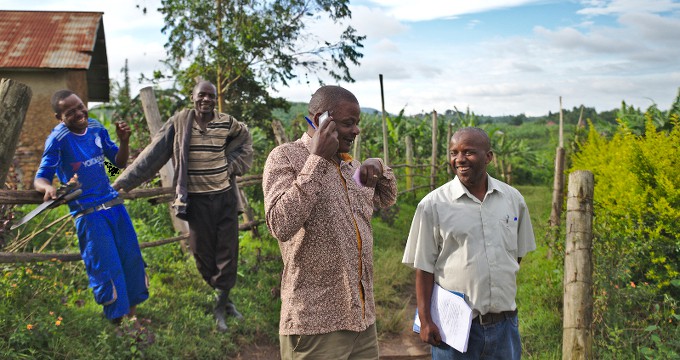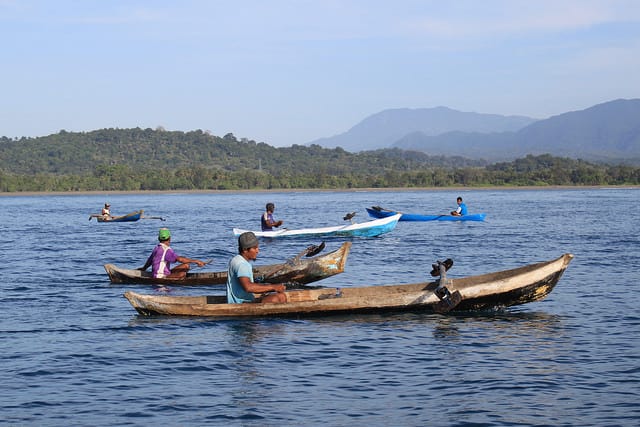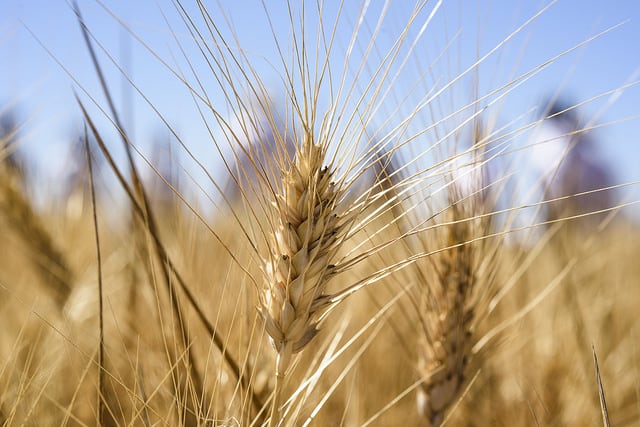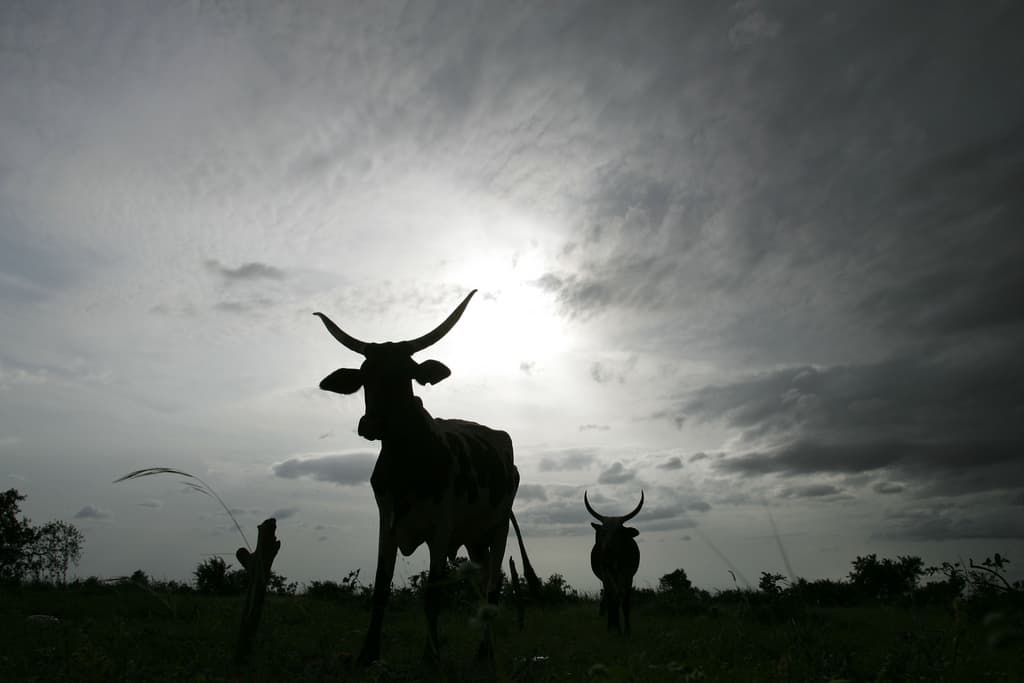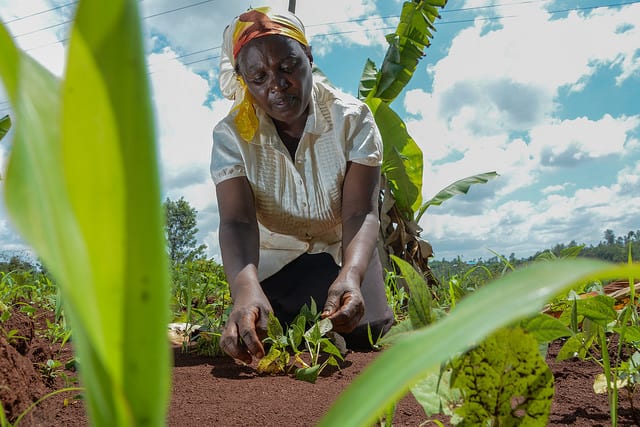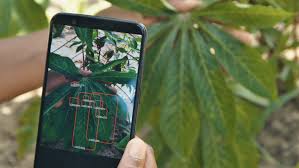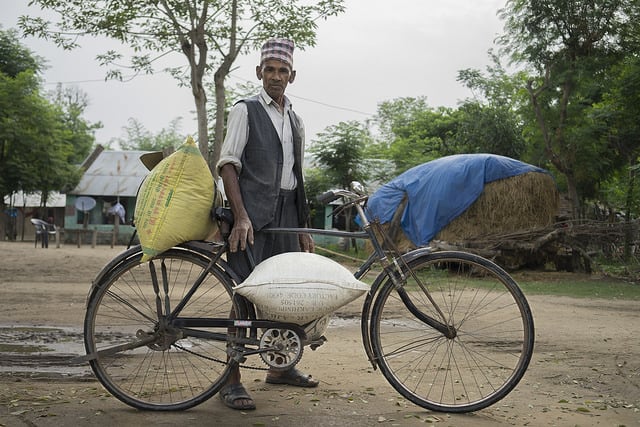2018 & 2019 Winner
Revealing informal food flows through free WiFi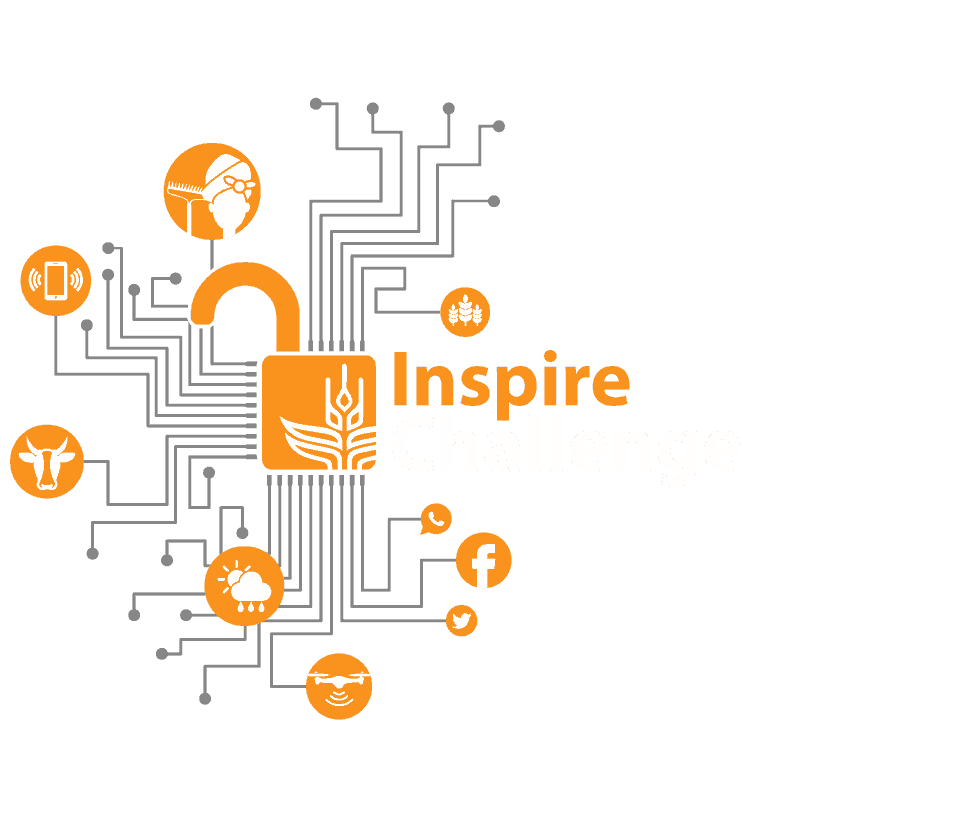
This Inspire Challenge proposal was selected as a 2018 pilot project and 2019 scale-up runner up project, with the team receiving a total of 225,000 USD to put their ideas into practice.
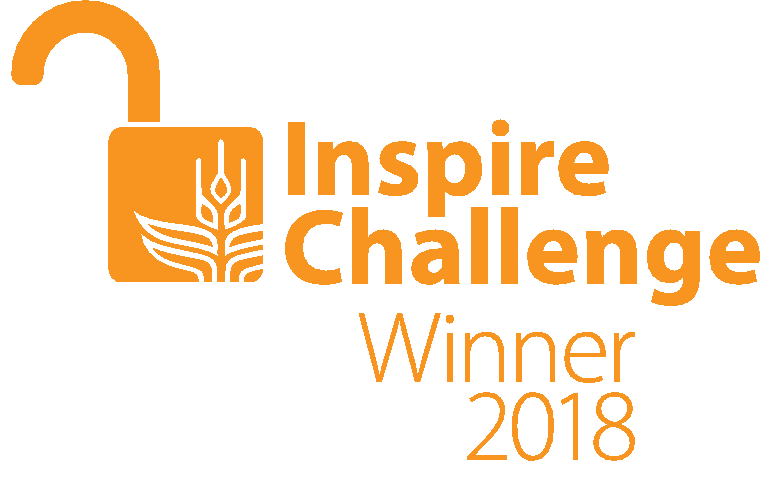

Despite being the main source of fresh, convenient, and affordable food for 80% of Hanoi’s population, food flows within traditional markets remain largely invisible due to a lack of tracing systems and environmental conditions which make traditional tracking approaches challenging.
By providing free internet to a series of wholesalers and markets in the Cau Giay and Dong Anh districts of Hanoi, Vietnam, this project will put in place the first pieces of tracking system that will characterize and monitor food flows between traders, retailers, and consumers.
The collected food flow data will allow for improved linkages among key traditional market actors and help identify better policy and planning options for improving distribution channels in ways that benefits under-resourced communities.
More about the project
Research has found that 10-40% of traditional market food is contaminated with microbes or parasites which cause foodborne illnesses. As shoppers become increasingly concerned about food safety and large-scale retailers that can offer food safety certification expand rapidly, this project aims to equip traditional market actors with data that could prevent their marginalization through urban policy decisions that may favor organized retailers, as well as improve the safety of traditional market goods.
To implement the project, the Alliance of Bioversity International and CIAT and the General Statistics Office (GSO) of Vietnam survey actors and track space and time data points on all devices within the range of the WiFi routers and signal amplifiers, whether connected to the internet or not.
The pilot system will run on three layers of data:
Layer One
Every smartphone has a unique media access control (MAC) address that the WiFi routers installed in the markers use to identify how many MAC addresses visit the markets over time, how many return to the market and how often, and how markets differ on these metrics. This data is collected even if the smartphone is not connected to the WiFi network.
Layer Two
When a smartphone user connects to the free WiFi, they are prompted to answer a series of questions depending on their user type (vendor, customer, etc.). For example, a user that identifies as a vendor is asked questions regarding sales of specific commodities which will allow for sales to be characterized across time and space.
Layer Three
To validate findings in Layer One and Two, in-person surveys were conducted with vegetable, pork and rice sellers in five traditional markets in Hanoi. The Layer Three survey findings have been published here.
Team
General Statistics Office of Vietnam
Nguyen Cong Thang | Email
Dr. Le Trung Hieu
Alliance of Bioversity International and CIAT
Louis Reymondin | Email
Huong Pham Thi | Email
Dr. Thibaud Vantalon | Email
Trong Van Phan | Email
Kien Tri Nguyen | Email
Ysabel Anne Lee | Email
Stef De Haan
Dharani Burra
Step by step
2021
MARCH 2021
Layer Three report published
A report on Layer Three data was published. Analysis of the in-person surveys with more than 120 vegetable, pork, and rice sellers from five traditional markets in Hanoi indicates that most consumers have low incomes, and they prefer to purchase foods at traditional markets.
Food safety and untraceable products are of great concern in traditional markets, and more needs to be done in order to ensure that low-income consumers have access to safe and nutritious foods.
APRIL - JUNE 2021
Pandemic data analysis and peer-reviewed paper
The team analyzed its complete data set from July 2019 through December 2020. The 2019 data serves as a baseline while the 2020 data reveals COVID-19 impacts.
Because the project continually monitored five markets throughout the pandemic, the data contains valuable insights about the impacts and actor behavior changes before, during and, after the first and second wave of COVID-19 in Hanoi. These data are being analyzed and will be published in a peer-reviewed paper.
2020
JAN 2020
Reflection
The team conducted a review of project progress to understand strengths and weaknesses of the design and adjust accordingly.
FEB 2020
Partner workshop
A workshop was held with the GSO, the Ministry of Agriculture of Vietnam, and a national university to discuss the survey aim.
The GSO and The Ministry of Agriculture are interested in market price data and how prices fluctuate. However, reliable price data has proved difficult to obtain through the current surveys, and the team evaluated options to control for price data quality within survey responses.
FEB - AUG 2020
Graduate students join for data quality and machine learning projects
Two graduate students worked with the team for approximately six months. A student from the University of Wageningen focused on improving data quality, and a student from the University of Applied Science of Western Switzerland conducted a machine learning analysis of Layer One data.
MARCH 2020
Comparing Layer One, Two, and Three
A Master student worked with the team to compare the three layers of data. This analysis indicated how Layer Three data, which is primarily focused on market prices, can be used to calibrate Layer One and Two data, MAC data and WiFi user survey data, respectively.
MARCH 2020
WiFi data leveraged to track COVID-19 impacts on markets and food security
As lockdown measures to reduce the spread of COVID-19 were implemented in Hanoi, it quickly became apparent that the project’s WiFi infrastructure could be leveraged to test and track how the COVID-19 crisis was affecting local food security and market behavior in near real-time.
The data were used by the GSO gauge the impact of COVID-19 on market actor behavior with indicators such as the number and frequency of market visitors. Furthermore, the survey that appears on a user’s smartphone when they join the free WiFi was adapted to collect info on the impact of COVID-19 on market sales.
MAY 2020
Early analysis reveals sharp decline in market patronage
Early comparison of market data from before and during the COVID-19 pandemic indicated a sharp decrease in the average number of people seen daily in the urban markets. Aggregate data from 1 October 2019 and 19 January 2020 was compared with data from 3 and 18 March 2020.
Photo: ILO. A street vendor in front of a non-essential shop temporarily closed due to social distancing instructions on COVID-19 in Hanoi, Viet Nam in April 2020.
JUNE 2020
Workshop with government ministries
The team held a workshop with Vietnamese government ministries to discuss how the project could inform their work. The ministries indicated that they are interested in the project’s market price data, information on the perceived impacts of COVID-19 on sellers, and data on the frequency at which consumers visit the market during COVID-19.
NOV 2020
Platform developed to monitor markets in real-time
The team developed a platform to monitor the market in real time based on the smartphone detected and the answers provided by the users.
2019
FEB - MARCH 2019
Kick-off meeting
The kick-off meeting involved local partners, local authority, and market management boards. The purpose of the meeting was to get feedback on research using WiFi data. The selection of five specific markets were discussed based on a set of criteria. Constraints during the implementation were also indicated and solutions discussed.
APRIL - SEPT 2019
Router setup and WiFi installation
Equipment was installed at five markets, and an initial period of data collection was completed during this time.
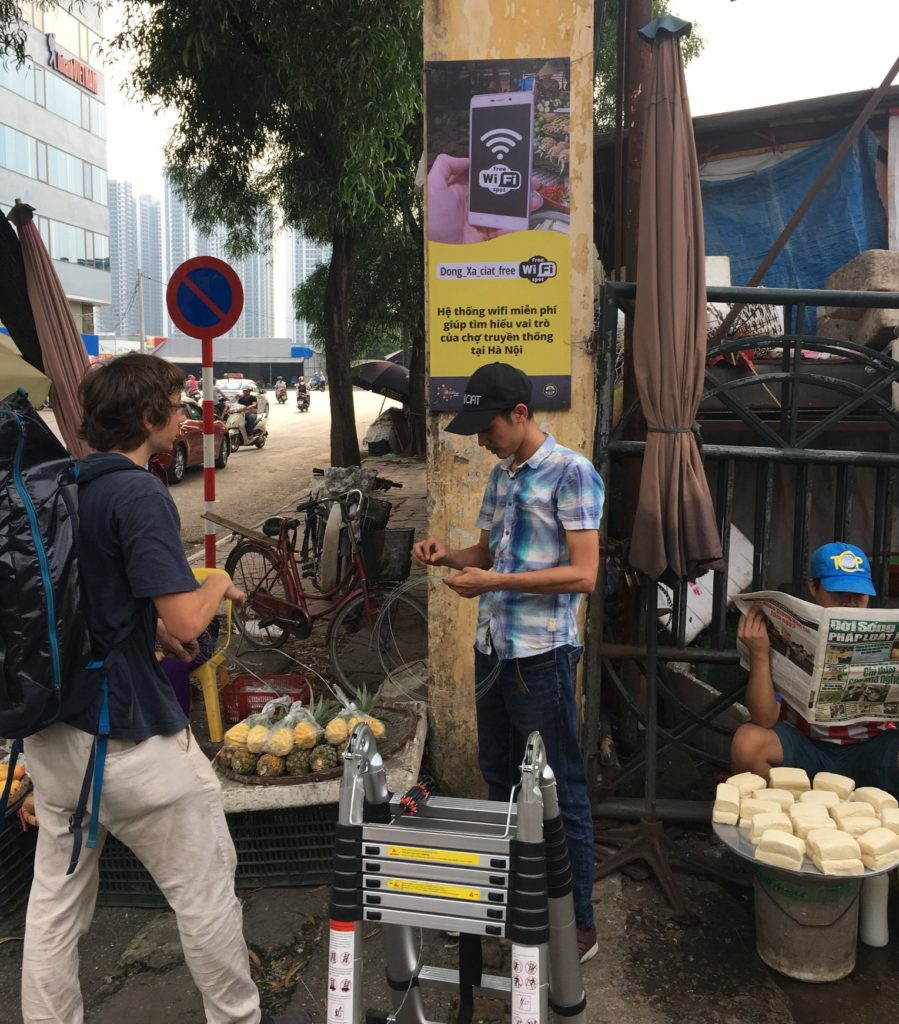
OCT 2019
Data analysis
The analysis provided detailed network analysis of food flows at different scales for different markets as well as recommendations to policy makers related to market development.
Watch the video below for a glimpse of the traditional markets that the project works with:
OCT 2019
Project awarded US$125K Inspire Challenge scale-up grant
The project was awarded a 2019 Inspire Challenge Scale-up grant of US$125K at the third annual convention of the CGIAR Platform for Big Data in Agriculture, 16-18 October 2019.
OCT 2019
The first project of its kind in Vietnam
“The research project on food flows in traditional markets using the WIFI system in order to trace food origins is the first project to be implemented in Vietnam,” says Dr. Le Trung Hieu, Director of Agriculture, Forestry and Fishery Statistics Department at the General Statistics Office of Vietnam.
“The results of the project are a very important source of information to help the management authorities better understand shopping habits of the local people, provide insights on main food supply channels in traditional markets (wholesale and retail markets), help policy makers have solutions to strengthen food safety control and plan safe agricultural production areas to meet the needs of the people, and control transporting means to ensure food and traffic safety.”
Hear more from Dr. Le Trung Hieu in this video interview:
2018
OCT 2019
Project awarded US$100K Inspire Challenge grant
The project was one of five winners of the Inspire Challenge 2018 and was awarded US$100K at the second annual convention of the CGIAR Platform for Big Data in Agriculture, 3-5 October 2018.
NOV 2018 - JAN 2019
Market scoping study
The traditional market system in Vietnam is quite diverse, divided in three types:
- Type 1: >400 stores;
- Type 2: >200 stores; and
- Type 3: >200 stores.
A scoping study was conducted on markets in the Cầu Giấy district (urban) and Đông Anh district (peri-urban) in order to better understand market types and their management structures.
Markets in these two districts were chosen not only to characterize food flows from traders to consumers in traditional markets, but also to gain insight on the linkages between the two districts.
Gender & Youth Inclusion
- The project collects gender-disaggregated data through surveys with market WiFi users.
- The project finds that more than 50% of market WiFi users are women, except in the wholesale market, where the majority of users are men.
- The team will conduct a gender analysis of its COVID-19-related data. They will investigate changes in the frequency at which men and women visit traditional before and after COVID-19 lockdowns in Hanoi.
Project News and Resources
Meet all the Winners

